
Microsoft continues its childish attacks on Google
Microsoft’s Scroogled campaign, in which the technology giant attacks Google for various perceived transgressions, has now turned its sights to Android, or more specifically the Google Play store.
Past Scroogled "attacks" (aka petty whining) have taken Google to task for using a pay-to-rank practice in Google Shopping, and reading emails in Gmail. The newest complaint is that Google shares your personal info with app makers.

Authenticator for Windows Phone hints two-factor verification will come to Microsoft accounts
Microsoft has released an app for Windows Phone called Authenticator, which is designed to generate security codes associated with two-factor authentication. Nothing special so far, other than Microsoft's name being associated with the app. What is noteworthy is that, according to the release notes, you can use Authenticator "to help keep your Microsoft account secure". Is Microsoft finally taking the user's security seriously?
At the time of writing this article two-factor authentication is not avilable for my Outlook.com account. But this suggests that, eventually, Microsoft will enable the extra security measure for its cloud services, presumably sometime soon and likely for Outlook.com first of all. Currently users have to rely on the complexity of their passwords in order to insure the safety of their Microsoft accounts, whereas Google users, for example, have had the option to use two-factor authentication for quite some time.
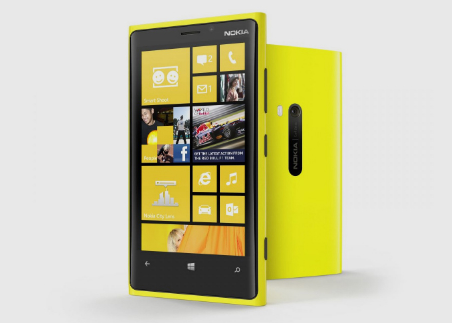
Nokia Lumia 920 is the most popular Windows Phone device
AdDuplex, which touts itself as the "largest cross-promotion network for Windows Phone and Windows 8 apps", released a new monthly report which shows the Nokia Lumia 920 as the most popular Windows Phone device currently available. The handset holds a 14 percent market share among devices running Microsoft's smartphone operating system.
According to the report, the Lumia 920 dethroned the Lumia 800, "by a very small margin", for the title of the most popular Windows Phone device. The 920 was released worldwide in November 2012. The latter made its way onto the market one year earlier and also holds approximately a 14 percent market share among Windows Phone handsets, albeit slightly lower when it comes down to actual numbers.

The Apple-Google duopoly so dominates app downloads there is little room for BlackBerry and Windows Phone
Mobile app store downloads from the four major stores -- Apple, BlackBerry, Google and Microsoft -- reached 13.4 billion in first quarter, generating $2.2 billion revenue, according to Canalys. Combined, revenue from new sales, in-app purchases and subscriptions grew 9 percent from fourth quarter, while number of downloads climbed by 11 percent.
There are a half-dozen measures that mark successful platforms, with money being the most important. Developers typically go where they earn more. That's preface to a fascinating juxtaposition partly explaining developer preference for iOS, even though more Android devices ship and cumulative sales (750 million to 500 million) are larger. Google Play accounted for 51 percent of downloads during Q1. But Apple's App Store generated 74 percent of the revenue. Ponder those numbers for a moment.

Microsoft wins, even if the PC loses
I am simply stunned by the ridiculous number of "Microsoft will be dead in four years" stories, following Gartner's grim PC forecast three days ago. I offered brief analysis then and promised something later, and this is it. Yesterday, colleague Alan Buckingham posted first: "Microsoft is nowhere near death's door" -- and he absolutely is right.
Throw a rock, and you can't miss a doom-and-gloom armchair analysis. Among the many are "Gartner: Microsoft is dead, Windows has expired, Office has ceased to be" (Computerworld); "How long can Microsoft go on like this?" (InfoWorld); "Apple's ultimate victory over Microsoft" (Motley Fool); and "Gartner may be too scared to say it, but the PC is dead" (ReadWrite). For the most part, all these armchair pundits are mistaken. Hugely.

Windows Phone users can now be puzzled by Amazing Alex
When saying I have played Rovio's Amazing Alex game on my Android phone for some time, I don't mean a cheap shot at the app launching today on Windows Phone. To be truthful, it is more a challenge, and one that comes with sincere sympathy, because folks on the Microsoft mobile platform now have the opportunity to be just as baffled as me.
The physics-based puzzle game from the Finnish company debuted for Windows Phone 8. According to Microsoft's Michael Stroh, "The game has more than 100 levels, 35 interactive objects, and four locations to keep things interesting. But one of my favorite features of Amazing Alex is this: the game lets you design and share your own levels -- and download the best fan-created levels engineered by other players".

HERE Drive Beta reappears in the Nokia Collection on Windows Phone
Late last week, HERE Drive Beta disappeared from Nokia's exclusive app collection for Lumia smartphones, leaving many users stranded in the process. The issue affected new devices, as well as older phones which had been factory reset, with the Store returning a 805a0194 error when users tried to update from Nokia Drive or install HERE Drive Beta.
But lo and behold, Nokia's navigation app for Windows Phone is available to download and install from the Store once more. Users will get an updated counter in the app store tile informing them of an upgrade to HERE Drive Beta from Nokia Drive, a service which comes preinstalled on compatible Lumia devices.
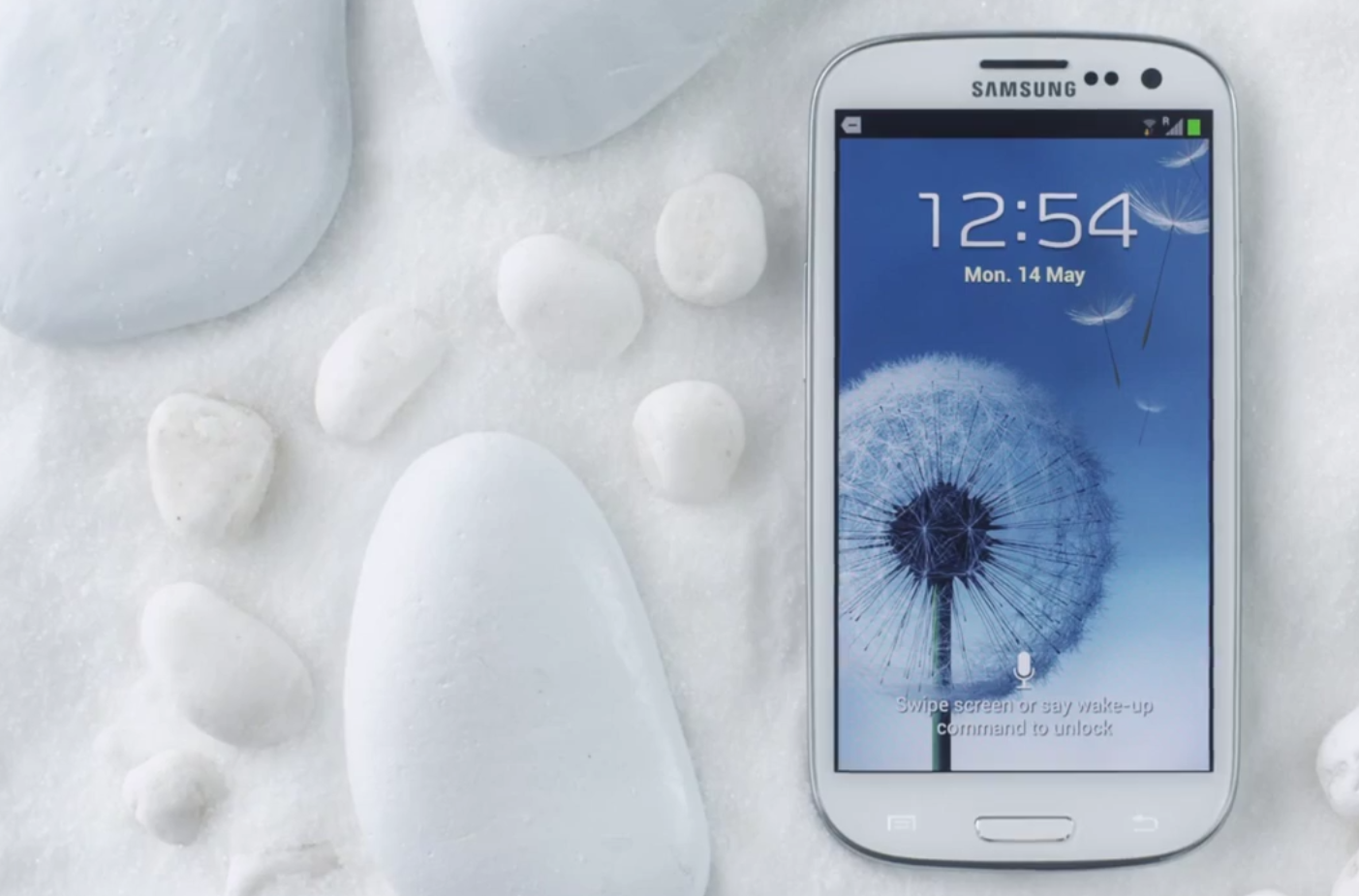
Samsung and Sprint dim iPhone 5's launch-sales glow
Only T-Mobile can save iPhone now. Apple's U.S. market share, as measured by smartphone operating system, retreated in February, according to data Kantar Worldpanel ComTech released today. With the iPhone 5 initial release sales glow gone, and a rapidly saturating market for a product feature set now three models old, share isn't sustainable. Meanwhile, Android gains -- as does Windows Phone.
iPhone share, based on sales, fell to 43.5 percent for the three months ended in February. That's down from 45.9 percent in January and from 47 percent a year earlier. By comparison Android is up -- to 51.2 percent from 49.4 percent sequentially and 45.4 percent annually. By the same reckoning, Windows Phone rose to 4.1 percent from 3.2 percent and 2.7 percent share.

HERE Drive Beta disappears from the Nokia Collection on Windows Phone
HERE Drive Beta, Nokia's navigation app for Windows Phone, is currently nowhere to be found inside the company's exclusive app collection for Lumia devices. A number of users report that the problem occurs both for new smartphones or after factory resetting another. HERE Drive Beta is missing, despite the app being previously available.
I can attest to that latter scenario after performing a factory reset yesterday on my Lumia 920. Heading to the Store to install the app (practically to update Nokia Drive to HERE Drive Beta) now results in very-cryptic error code, 805a0194, whereas performing a manual search lists HERE Maps instead, among other results.

Dear Windows Phone, Evernote 3.0 just arrived with a revamped interface and new features
Whenever I want to jot down a couple of ideas for a new story, write some of my thoughts for posterity, or create a shopping list, Evernote is my favorite cloud-based note-taking app. It looks great and is available across all my devices, so I don't have to worry about forgetting important personal things when I'm on the go. Everything that I have is there, everywhere.
What I value the most is the cross-platform spread, as Evernote is available on Android, iOS, BlackBerry, Mac OS X, Windows 8/RT and Windows Phone. And, to get me hooked some more, Evernote 3.0 just arrived on Windows Phone with a revamped home screen, improved tag lists and the ability to use shortcuts, among the most noteworthy new features.
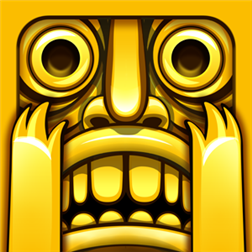
Now Windows Phone 8 users can get jungle fever as well
My name is Alan and I am a Temple Run Addict. I play Temple Run 1, Temple Run 2, Temple Run Brave, Temple Run Oz...I have a problem and I am here to admit it. My wife should be my steadying force, but she has a Windows Phone 8, and now I fear she may fall victim to the same affliction.
As of today she can steal the idol from that cave and attempt to outrun the apes through the jungle in Temple Run. The game, long popular on Android and iOS, has landed on Windows Phone after a long wait from customers.
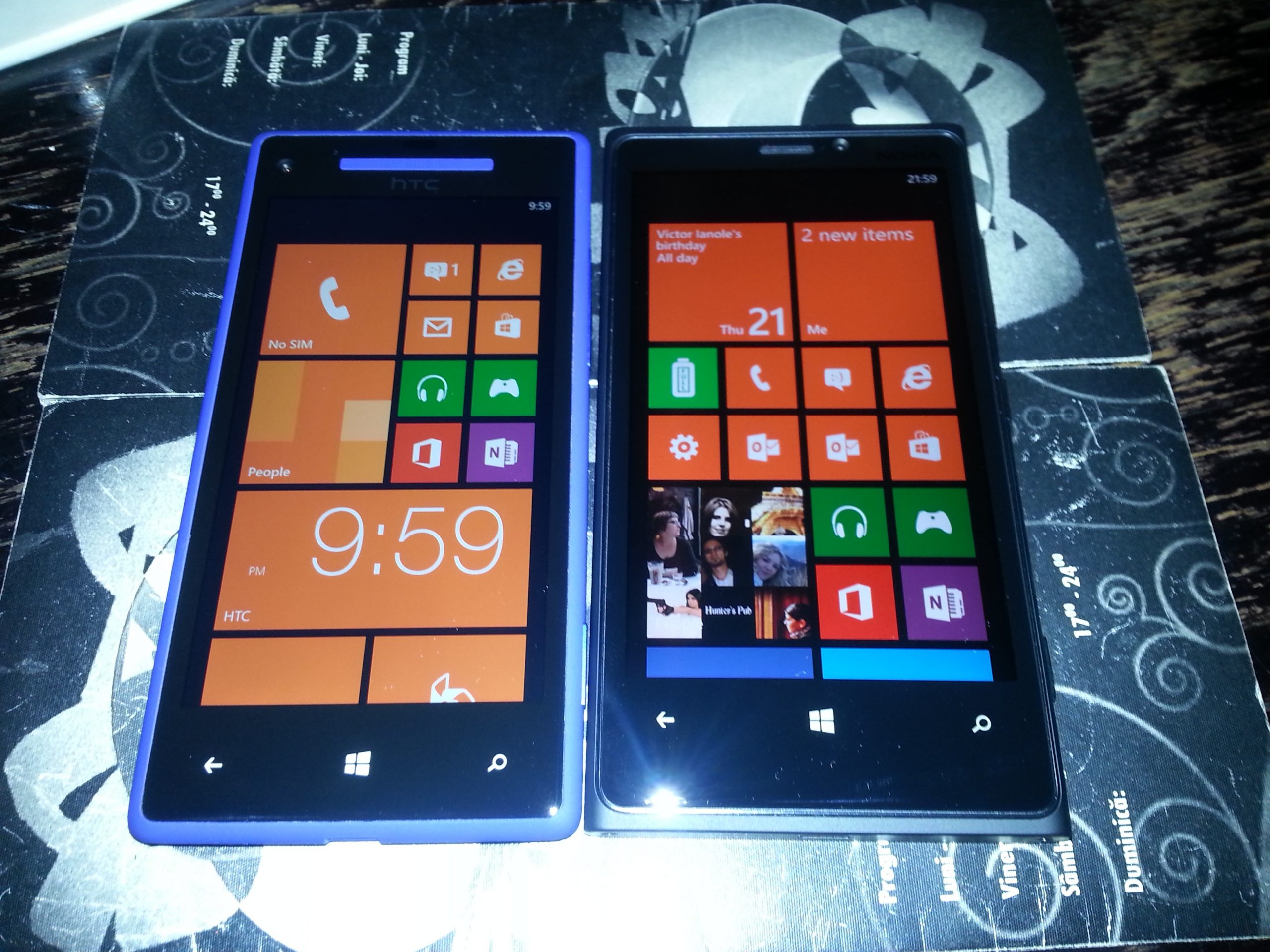
HTC Windows Phone 8X vs Nokia Lumia 920
Born as two flagship devices built on the Windows Phone 8 platform, the HTC Windows Phone 8X and the Nokia Lumia 920 could not be much further apart in delivering two polarizing user experiences. In boxing terms, Windows Phone 8X is the light flyweight and Lumia 920 is the super heavyweight, fighting each other with two different software and hardware skill sets for the "Best Windows Phone 8 smartphone" title.
But this one is a tough nut to crack as there are many aspects to consider. Price, performance, build quality, software and hardware features, dimensions, weight, look and feel, color trim, among others, are all very important when choosing a device that will likely be alongside you for two years. So without further ado, let's pit the two against each other and see how they stack up.
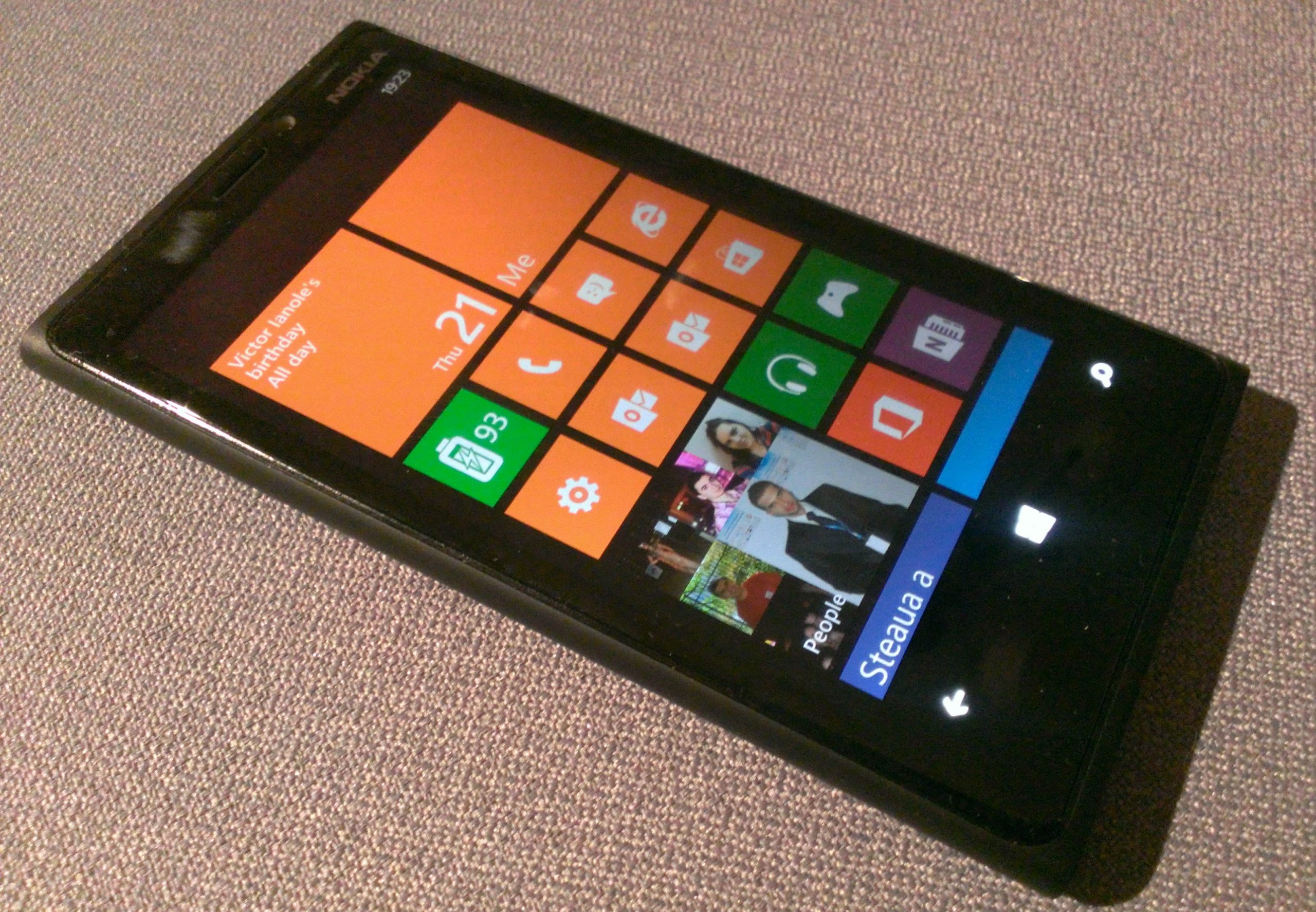
Nokia Lumia 920 arrived and I'm thrilled
Not even during my time as a child opening up presents from under the Christmas tree have I ever been so thrilled and pleased about a new toy as I am today. Some of you may call me a fool for trying to mend a close-to-broken relationship, but I gave Windows Phone 8 another try and purchased a Nokia Lumia 920. And, oh boy, do I feel like a fool for buying the HTC Windows Phone 8X two months ago.
At its core, the Nokia Lumia 920 is still a Windows Phone 8-based smartphone but the overall experience that exudes from using it is totally different compared to what I am used to. The Lumia is bulkier, heavier and better built than most smartphones on the market today, all while telling a different software story than the Windows Phone 8X, which now feels agricultural. Depending on where your preference lies that may either be a desirable trait or big no-no.
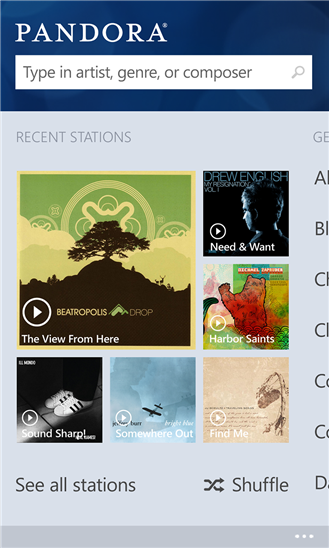
Pandora arrives on Windows Phone 8
Back when Microsoft launched Windows Phone 8, in late-October last year, the company promised that Pandora would arrive on the smartphone operating system sometime in early 2013, bringing along with it a year's worth of free music with no ads.
Today, Microsoft has kept its promise and delivered the popular app on the Windows Phone store. On Twitter, Microsoft's Joe Belfiore announced: "Oh heck, been dying to share PANDORA! Totally free, no ads through 2013. Best Pandora on any phone, IMO".
And the app, indeed, touts "no ads and no monthly streaming limit...for FREE". On Windows Phone 8, Pandora allows users to pin favorite stations on the homescreen and see what is playing by looking at the Pandora live tile. Other exclusive features include filtering explicit content using Kid's Corner to keep the youngsters away from sensitive music and the ability to access a recent stations page and look at the current favorites.
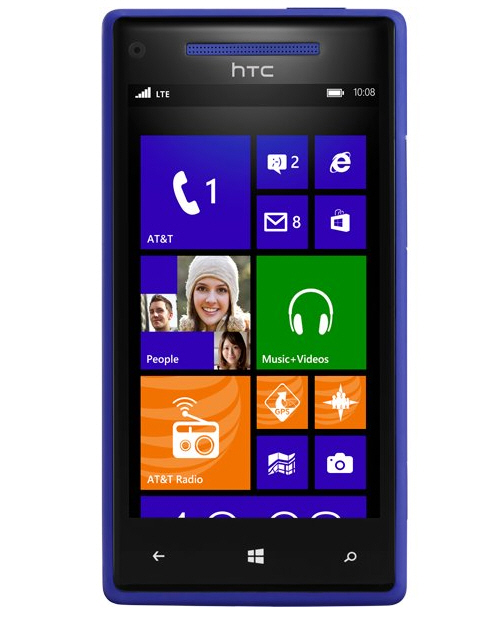
Microsoft offering Windows Phone 8X, Lumia 920 and 820 for free
If you are in the market for a Windows Phone 8 smartphone in the US, then the Microsoft Store should be your first stop. Why? Because the software giant is currently offering a number of devices running the mobile operating system for free on a two-year contract.
The list of devices on offer includes the 8GB HTC Windows Phone 8X (in California Blue and Lime), the Nokia Lumia 920 (in Black, Red and Yellow) and the Lumia 820 on AT&T. And those savings are not to be sniffed at. When purchased from AT&T, the 8GB Windows Phone 8X and Lumia 820 both go for $49.99, while the Lumia 920 runs for $99.99.
